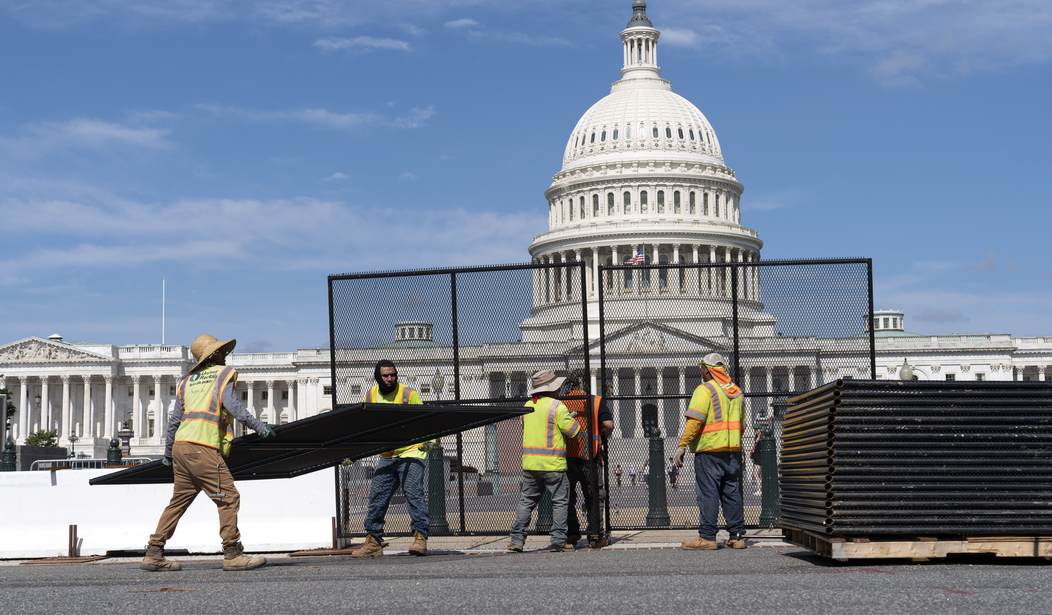In a rather bizarre move, an individual was convicted and sentenced for his participation in the January 6 riot at the U.S. Capitol building in secret, leaving the American public in the dark about the reasons behind the covert proceedings.
Samuel Lazar’s case, while not being widely covered by the press, creates even more questions about the fallout from the incident, which still remains a prominent topic in political discussion more than two years after it happened.
Lazar, 37, of Ephrata, Pennsylvania, was arrested in July 2021 on charges that he came to the Capitol on Jan. 6, 2021, dressed in tactical gear and protective goggles, and used chemical spray on officers who were desperately trying to beat back the angry Donald Trump supporters.
There is no public record of a conviction or a sentence in Lazar’s court docket.
But the Bureau of Prisons told The Associated Press that the man was released from federal custody this week after completing a sentence for assaulting or resisting a federal officer. Lazar was sentenced in Washington’s federal court on March 17 to 30 months in prison, according to the Bureau of Prisons, but there’s no public record of such a hearing. He had been jailed since July 2021.
Questions about Lazar’s case have been swirling for months, but the details of his conviction and sentence have not been previously reported.
The Justice Department has refused to say why the case remains under wraps, and attorneys for Lazar did not respond to multiple requests for comment from The Associated Press. The judge overseeing Lazar’s case in May rejected a request from media outlets — including the AP — to release any sealed records that may exist.
The case is raising concerns about transparency in the massive Jan. 6 investigation — the largest in Justice Department history. Court hearings and records — including sentencing hearings and plea agreements — are supposed to be open and available to the public and the press unless there’s a compelling need for secrecy.
Hundreds of rioters and individuals who were present at the riot have faced prosecution and lofty sentences for their alleged involvement in the violence. But the clandestine nature of Lazar’s conviction has raised a few eyebrows.
It is customary for the Justice Department to make court hearings and records open to the public. But in Lazar’s case, the agency has remained tight-lipped about the matter. The judge presiding over the case has refused to allow media access to the records.
Randall Eliason, a George Washington University criminal law professor, told reporters that he could not recall any case during his tenure as a federal prosecutor in which a sentencing hearing was sealed. He noted that “either there’s some kind of security concern about him personally, or maybe more likely that he’s cooperating in some respect that they don’t want the people he’s cooperating against to know about.”
However, many in Lazar’s position have cooperated with the authorities without the details being under lock and key.
“The fact that he also got sentenced, went to prison and is already out, that whole situation is just unusual,” Eliason explained.
This story raises a series of questions about the riot and the Justice Department’s handling of the matter. Could Lazar potentially have been working with the federal government before the riot? If not, what cooperation might he have given that would prompt the authorities to keep it under seal? Of course, the most important question of all is: Why is the government insisting on keeping his conviction and sentence concealed from the American public?













Join the conversation as a VIP Member